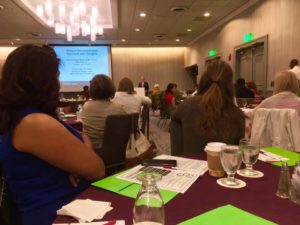 -Ron Lapitan, Former Community Outreach Coordinator
-Ron Lapitan, Former Community Outreach Coordinator
The Virginia Healing Partnership, an expansive network of orgs from across VA, is working to transition refugees into their new reality. Today was the annual conference, which took place in the ballroom of the Crowne Plaza in Richmond, filled with people in suits representing resettlement agencies, medical practices, social workers, and numerous orgs to address the trauma of those who escape war, poverty, and persecution for the trial of adjusting to a new culture.
“Hope is a bridge. It is a mechanism that gets you to tomorrow,” said the opening speaker and coordinator of the state’s refugee integration programs from the podium. “You in this room are the builders of those bridges,” he said. A room of caped heroes, I thought to myself.
I come to these events to network for the Center for Health and Human Rights’ free clinic, as well as our high school program to empower students to lead service projects to address the health problems they notice in the community. Our student leaders are a diverse cohort of largely minority youth, including immigrants and refugees. At the end of the day, I counted the business cards I had collected, each one a conversation with someone I sat next to during a workshop, tapped on the shoulder, or caught in the hallway to discuss potential collaboration. The next morning is always spent following up with these new connections.
I arrived 7am to set up a poster display and met a colleague I have worked with often who also had a booth, representing one of the state’s main resettlement agencies.
“Were we able to see your client?” I asked, referring to a refugee in their program who had only recently arrived, whom the colleague scheduled for a free consultation at our office for her medical problems.
“Yes, thank you!” replied the colleague, then commented, “One of your staff is one my past clients. Wait, don’t tell me the name!” After a pause, she said the name.
I smiled, but on the inside I shuttered. We exchanged more pleasantries and parted. I shuttered because the name belonged to someone important to me. In a moment, I felt a deep debt of gratitude to the colleague, without whose work my friend and I might never have met. And all this time we worked together, I never knew this connection. Hearing the name also frightened and then saddened me, to consider how much the relationships and good in our lives rest on fragile chances, and how deeply chance and destiny itself are influenced by those who dedicate their lives to compassion.
I want to strive for that destiny-shaping compassion too. To fill the world with bridges of hope that encourage people to live for tomorrow and tomorrow, until we reach a new world.
“Your ordinary acts of love and hope point to the extraordinary promise that every human life is of inestimable value.”
-Desmond Tutu
#healthasright
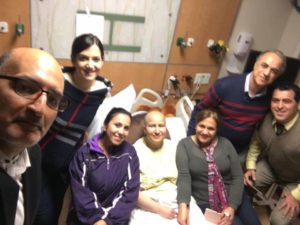 -Ron Lapitan, Former Community Outreach Coordinator
-Ron Lapitan, Former Community Outreach Coordinator

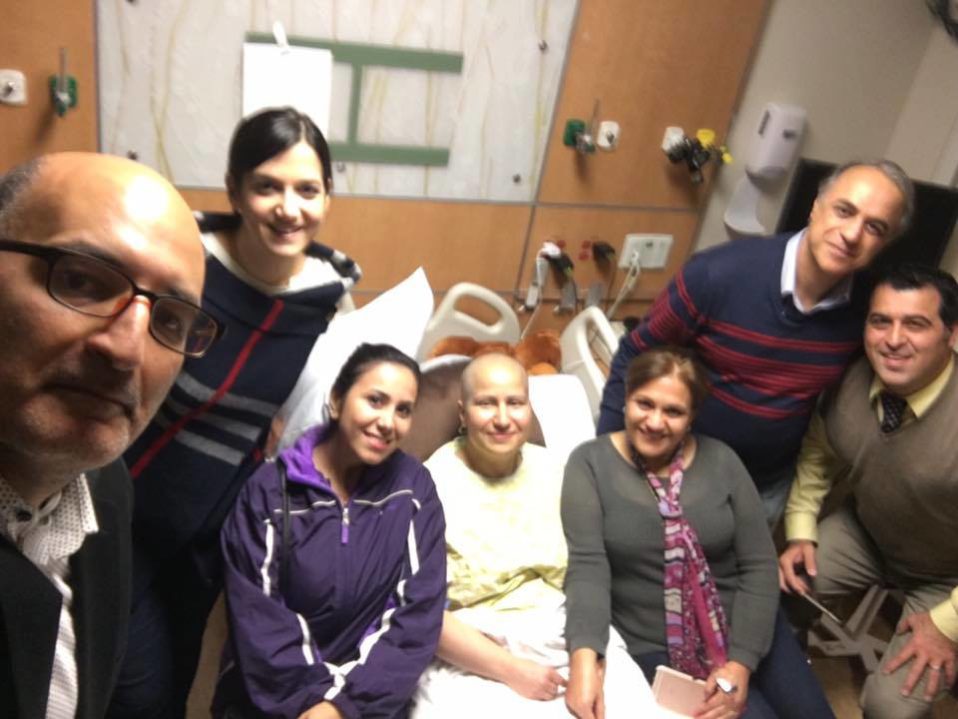
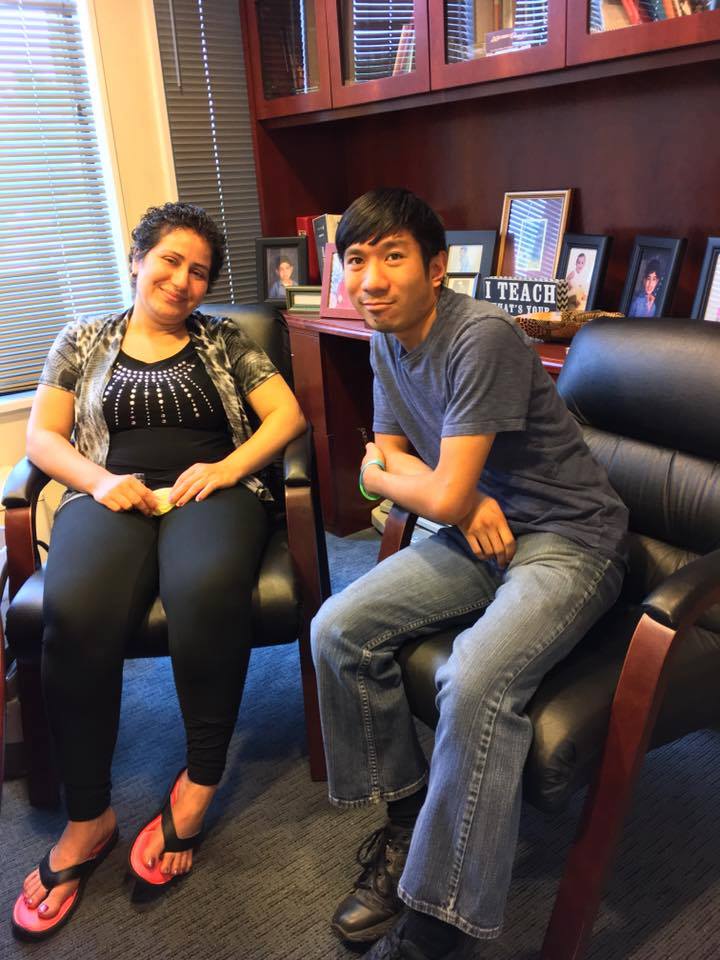
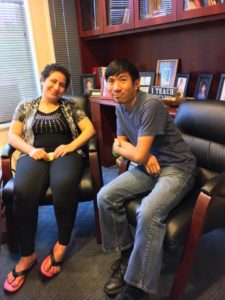 -Ron Lapitan, Former Community Outreach Coordinator
-Ron Lapitan, Former Community Outreach Coordinator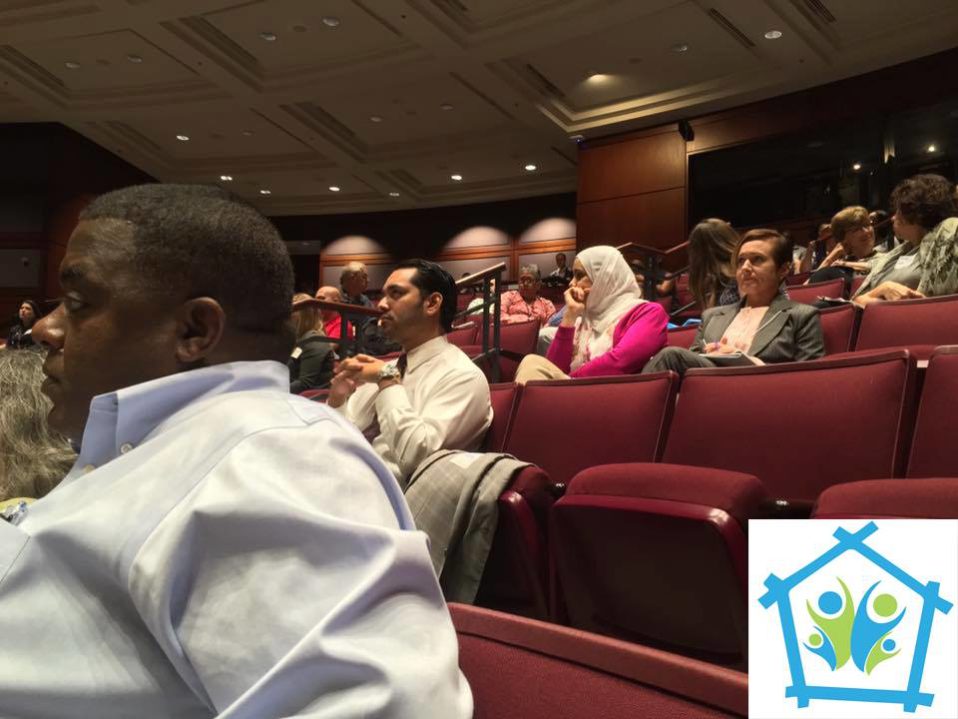
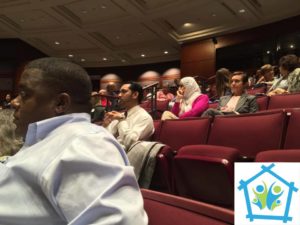 -Ron Lapitan, Former Community Outreach Coordinator
-Ron Lapitan, Former Community Outreach Coordinator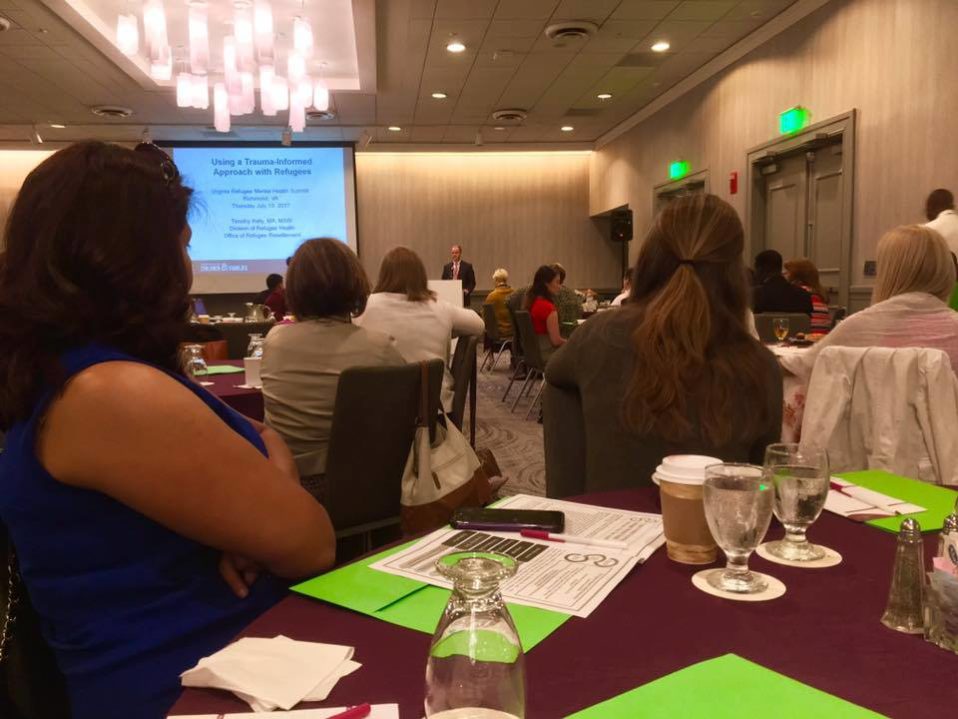
 -Ron Lapitan, Former Community Outreach Coordinator
-Ron Lapitan, Former Community Outreach Coordinator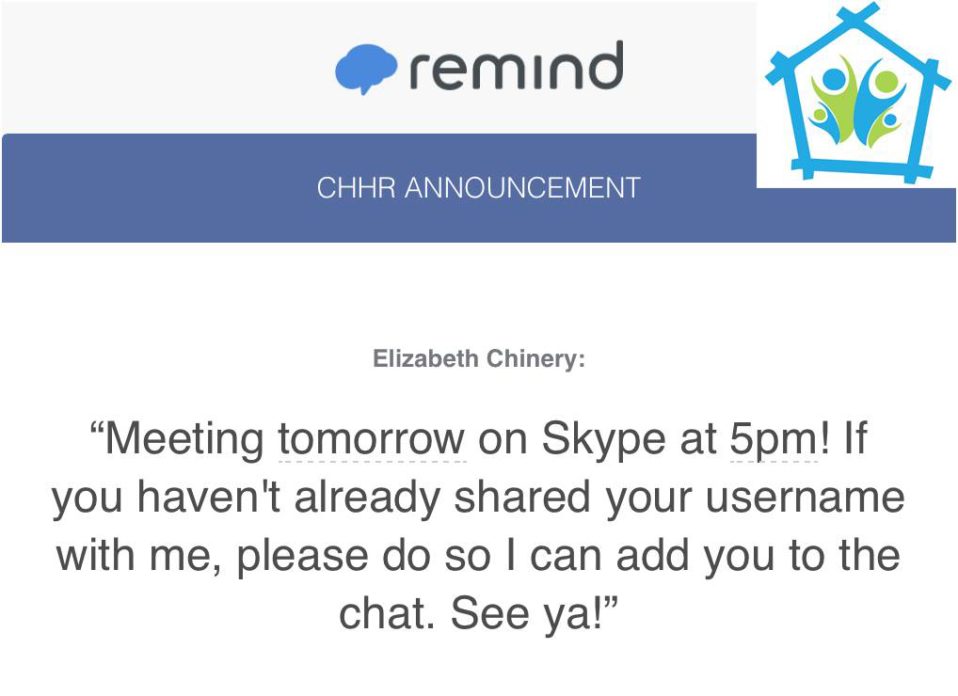
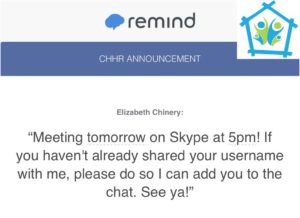 -Ron Lapitan, Former Community Outreach Coordinator
-Ron Lapitan, Former Community Outreach Coordinator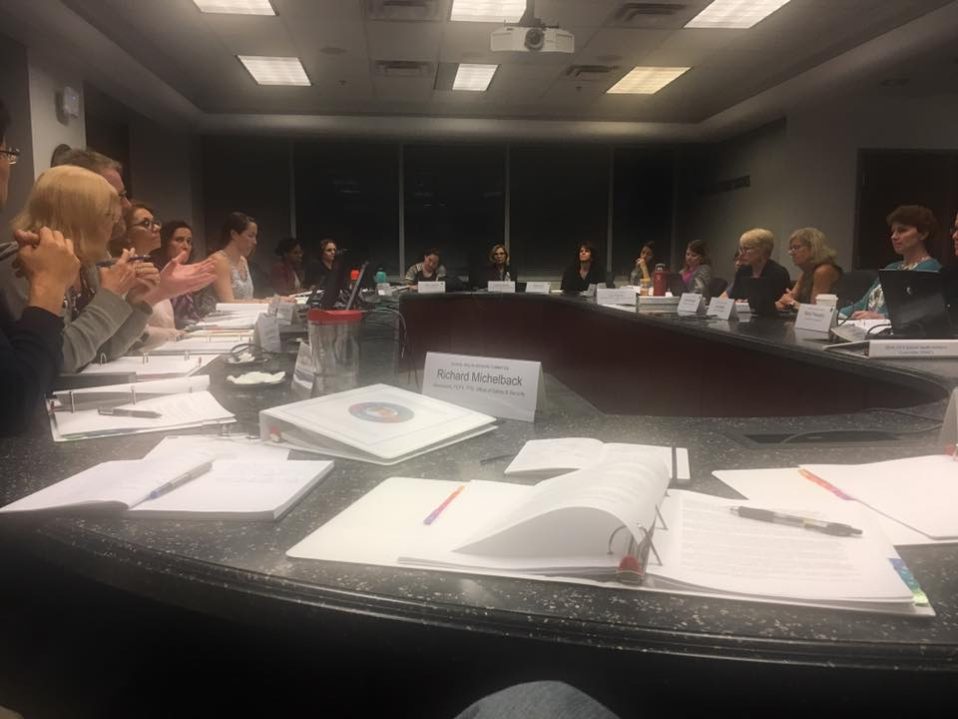
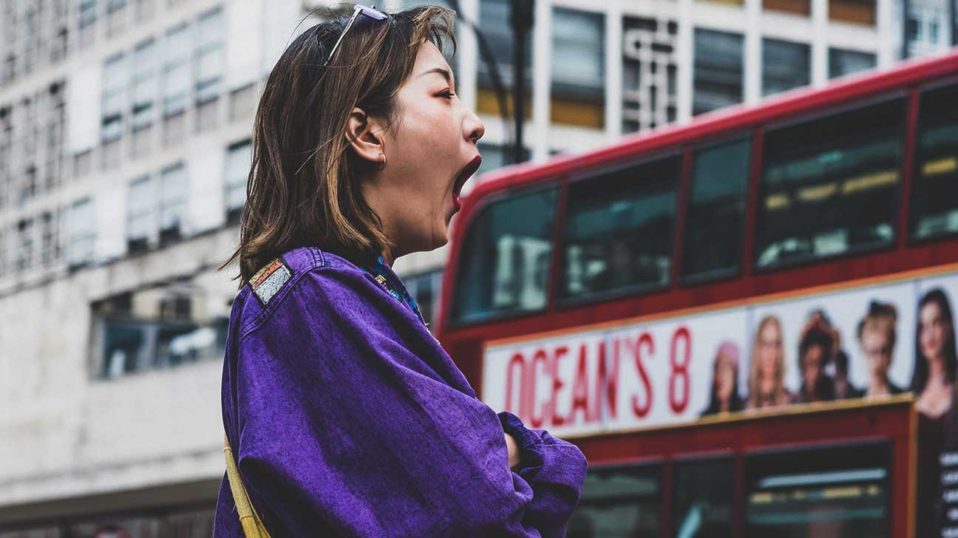
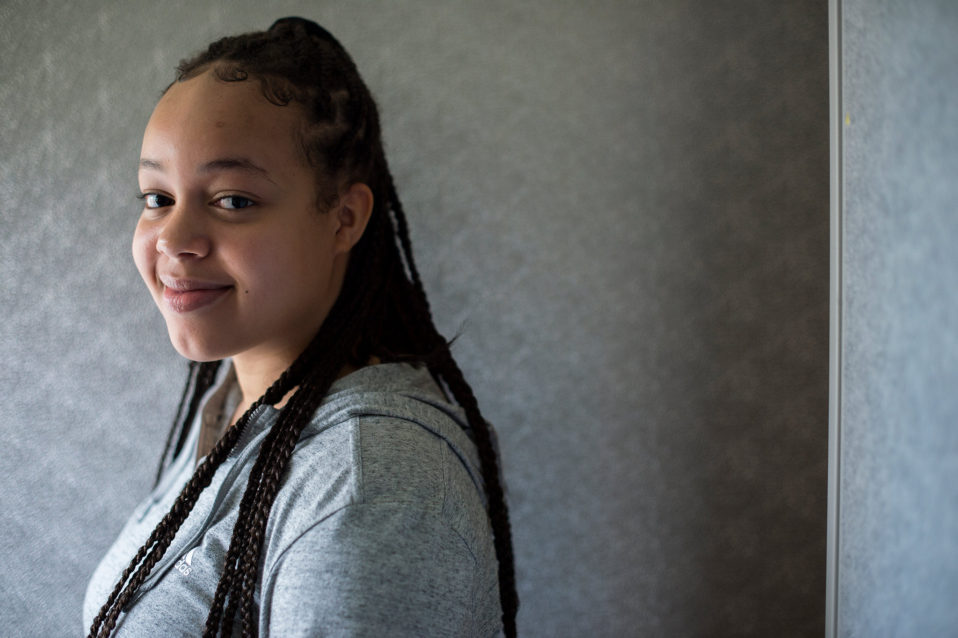
Recent Comments